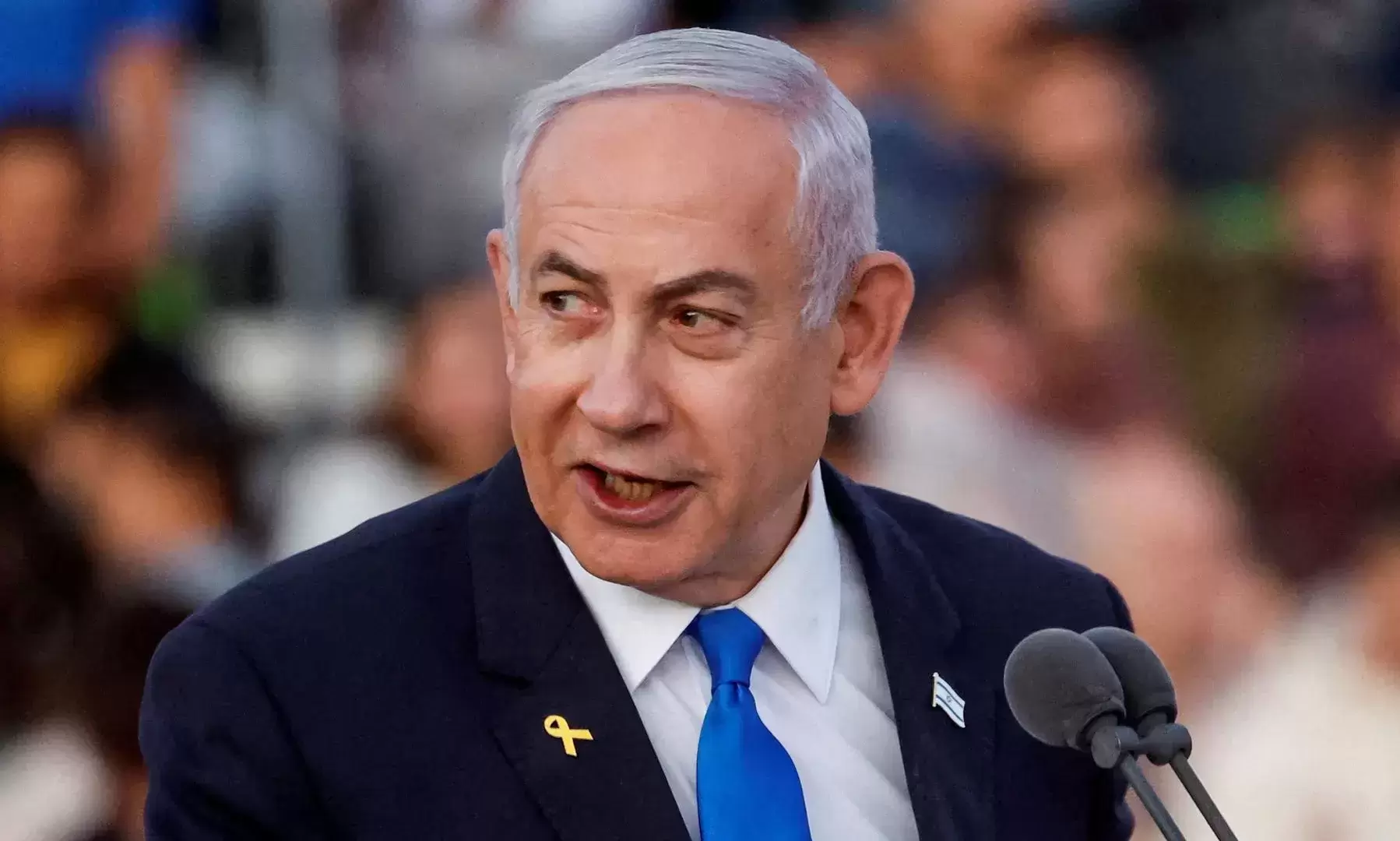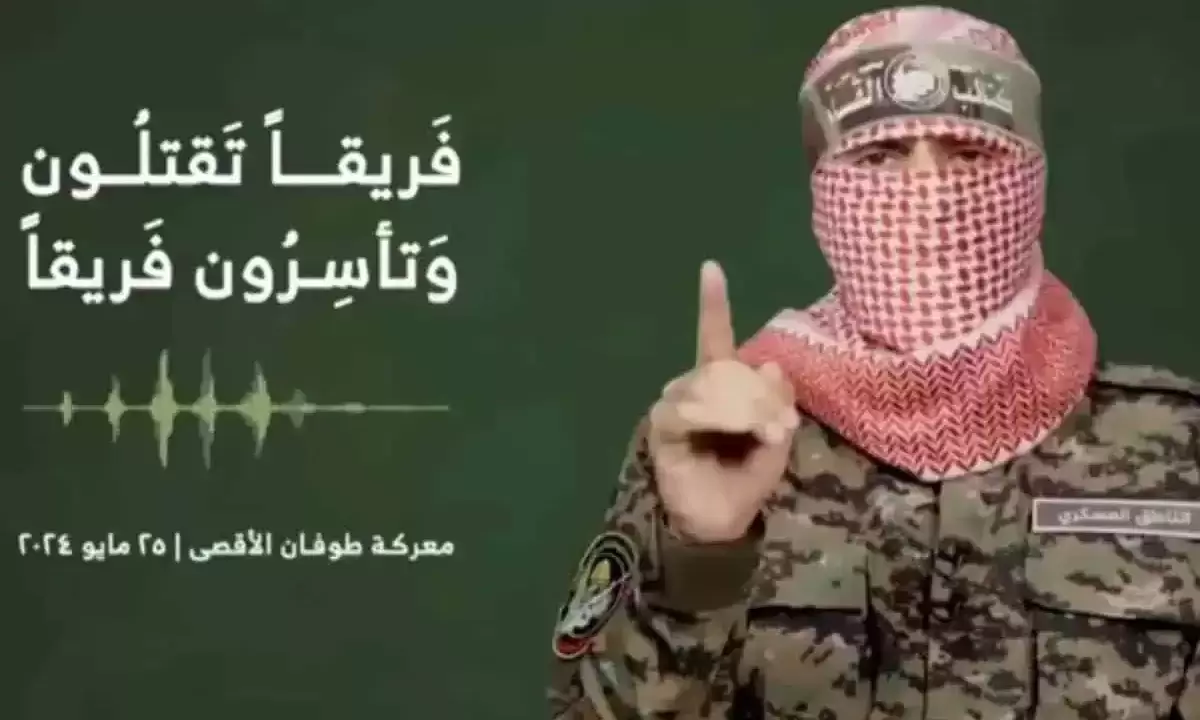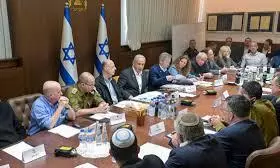
Israel reserves right to resume Gaza war: Netanyahu's big warning
text_fieldsTel Aviv: Israeli Prime Minister Benjamin Netanyahu has confirmed that Israel retains the right to resume military action against Hamas should its ceasefire-for-hostages agreement collapse, with US backing in such an eventuality.
In a televised address just hours before the ceasefire was set to begin on Sunday morning, Netanyahu praised the deal, acknowledging the roles played by both the outgoing administration of President Joe Biden and President-elect Donald Trump's incoming administration in securing the agreement. Despite growing political criticism in Israel, Netanyahu vowed to "achieve all the goals of the war and bring everyone home."
He emphasized that the agreement was the result of both the courage of Israeli fighters and the country's resolute stance on its vital interests, which remained firm despite internal and external pressures. Netanyahu warned Hamas to comply with the terms of the ceasefire, adding that both Biden and Trump had assured support for Israel's right to resume fighting if Hamas violated the deal.
Netanyahu further stated that if Israel was forced to resume military action, it would do so with renewed strength and "in new ways."
He outlined three fundamental principles that guided the negotiations for the ceasefire deal with Hamas. The first principle was Israel's right to return to war with US backing if the second phase of the agreement fails. The second principle involved securing the release of a significantly higher number of living hostages, claiming to have "nearly doubled" the number of hostages to be released compared to initial talks in May, although he did not provide specifics. A total of 33 hostages are expected to be freed in the first stage of the deal, but it remains unclear how many are alive. Israel traditionally includes hostages who have died but whose remains have not been returned in its official count.
The third principle, Netanyahu explained, was Israel's continued control over the Philadelphi Corridor along the Gaza-Egypt border and the security buffer zone surrounding Gaza. Despite previous negotiations on this issue, he clarified that Israel had not reduced its forces in the area but had slightly increased them.
Netanyahu described the first phase of the ceasefire, lasting 42 days, as a "temporary ceasefire" and warned that if Israel needed to resume fighting, it would do so forcefully, adding that Israel had "changed the face of the Middle East" since the war's outset.
This temporary pause in the 15-month war marks a potential resolution to the deadliest and most destructive conflict between Israel and Hamas. The ceasefire is set to take effect at 8:30 a.m. local time on Sunday, according to mediator Qatar.
Both sides have suggested that the exchange of hostages for prisoners will take place only after 4 p.m. on Sunday, with families of hostages awaiting news of their loved ones. Palestinians are preparing to receive freed detainees, and humanitarian organizations are mobilizing to provide aid.
Earlier, Netanyahu had demanded that Hamas provide a list of the hostages to be released before any prisoner exchange could proceed. His office stated that the process could not continue until the list of hostages to be freed was received, as was agreed. However, there was no immediate response from Hamas or Qatar regarding the list.
With IANS inputs







